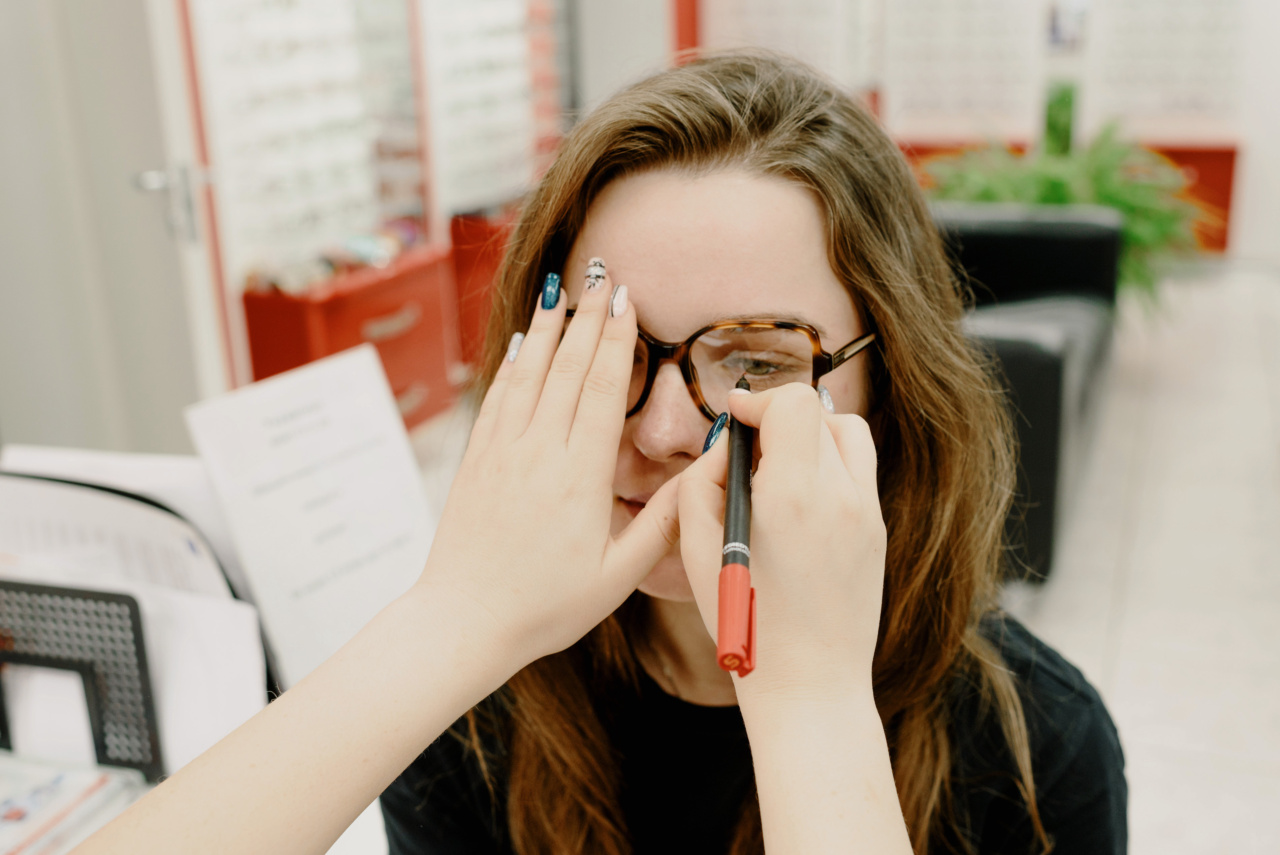Have you visited an ophthalmologist recently? If not, you might be neglecting an essential aspect of your overall health and well-being. Regular eye check-ups are crucial for maintaining good vision and detecting eye problems at an early stage.
In this article, we will explore the importance of visiting an ophthalmologist regularly and how it can benefit your overall eye health.
Early Detection and Treatment of Eye Diseases
Many eye diseases, such as glaucoma, cataracts, and macular degeneration, develop slowly over time and often do not present any noticeable symptoms in their early stages.
Regular visits to an ophthalmologist can help detect these conditions before they progress and cause irreversible damage to your vision. Early detection allows for timely treatment, which can help minimize the impact of these diseases on your eyes and overall quality of life.
Preserving Your Vision
Your eyesight is invaluable, and taking proactive steps to preserve it should be a top priority. Regular eye check-ups enable your ophthalmologist to monitor any changes in your vision and prescribe corrective measures if necessary.
This can include prescribing glasses or contact lenses to correct refractive errors such as nearsightedness, farsightedness, and astigmatism. With the right prescription, you can enjoy clear vision and enhanced quality of life.
Detecting General Health Issues
Did you know that an eye examination can provide insights into your overall health? Your eyes can serve as windows to your overall well-being, as certain systemic conditions can manifest in the eyes.
During an eye check-up, an ophthalmologist can detect signs of underlying health issues such as diabetes, hypertension, and even certain cancers. With early detection, you can seek appropriate medical attention and prevent potentially serious complications.
Children and Eye Examinations
Regular eye examinations are particularly important for children. Undiagnosed vision problems can impact a child’s development, learning abilities, and overall educational performance.
Many vision problems, such as amblyopia (lazy eye) or strabismus (crossed eyes), can be effectively treated or managed if detected early. By scheduling routine eye check-ups for your children, you can ensure their eyes are healthy and their vision is optimized for learning and growth.
Screen Time and Digital Eye Strain
In today’s digital age, many individuals spend extended periods in front of screens, whether it be for work, entertainment, or communication.
Prolonged screen time can lead to digital eye strain, which includes symptoms like dry eyes, eye fatigue, headache, and blurred vision. Regular eye check-ups can help identify any screen-related vision issues and provide appropriate advice and solutions to alleviate discomfort and protect your eyes.
Evaluating Your Eye Health History
Providing your ophthalmologist with accurate information about your eye health history is crucial for comprehensive eye care.
By visiting an ophthalmologist regularly, you can update them about any changes in your eyesight, eye conditions, or general health. This information helps create a comprehensive picture of your eye health, allowing for tailored treatment plans and improved management of any existing conditions.
Eye Care for Different Stages of Life
Eye care needs can vary at different stages of life. Infants and toddlers require specialized screenings to detect early signs of eye problems. School-aged children may need routine assessments to ensure optimal learning and development.
Adults and older individuals should have regular eye check-ups to address age-related eye conditions like presbyopia and to monitor for any age-related diseases such as glaucoma or age-related macular degeneration. By visiting an ophthalmologist regularly, you can ensure that you receive age-appropriate eye care.
The Role of Diet and Lifestyle
Your overall lifestyle and diet also play a significant role in maintaining good eye health. During your eye check-up, your ophthalmologist can provide guidance on diet and lifestyle factors that are beneficial for your eyes.
For example, a diet rich in fruits and vegetables, particularly those containing antioxidants, can help reduce the risk of age-related macular degeneration. Similarly, avoiding smoking and protecting your eyes from prolonged exposure to harmful ultraviolet (UV) rays can further safeguard your vision.
Protecting Your Eyes
In addition to regular eye check-ups, taking steps to protect your eyes from injury is essential.
Using appropriate protective eyewear during activities like sports, DIY projects, or work in hazardous environments can prevent eye injuries that may result in long-term vision issues. Your ophthalmologist can provide advice on suitable protective eyewear and precautions based on your specific needs and lifestyle.
Conclusion
Regular visits to an ophthalmologist are vital for maintaining good vision, detecting eye diseases, and identifying underlying health issues.
By prioritizing eye care and making it a part of your overall health routine, you can take proactive measures to preserve your vision and improve your quality of life. Schedule your next eye check-up today and ensure a healthier future for your eyes.



























